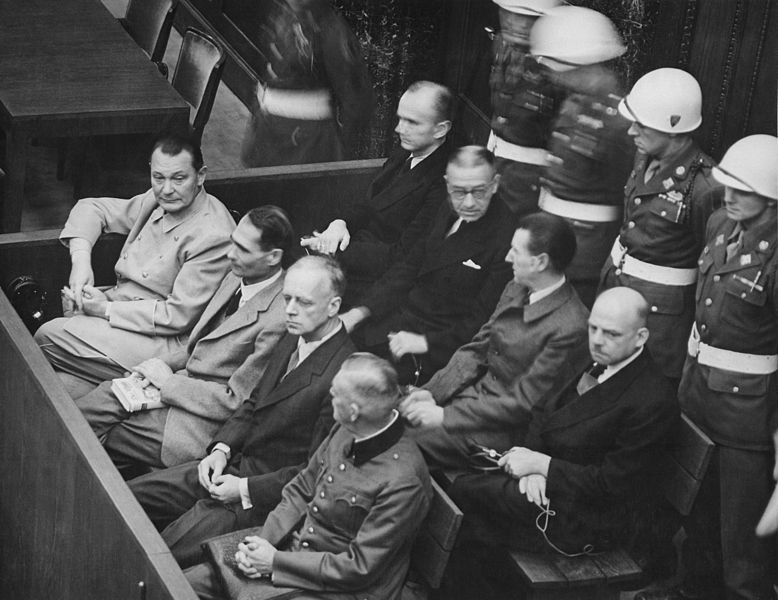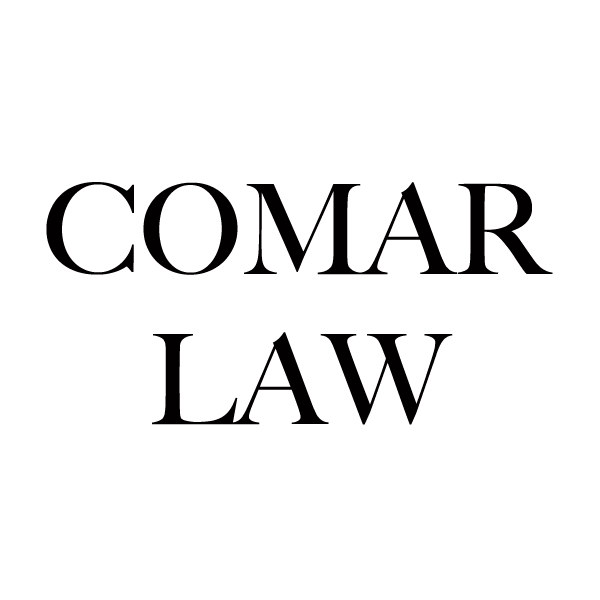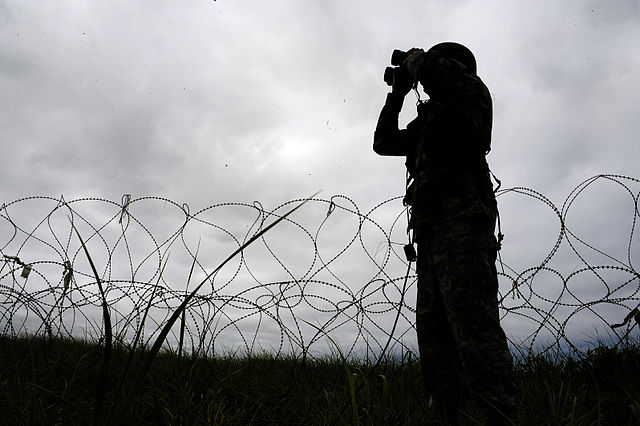Here is the Defendants’ motion to dismiss, filed August 20, 2013.
Proofs of service on Rumsfeld, Cheney and Wolfowitz
These proofs of service against Defendants Rumsfeld, Cheney and Wolfowitz were filed in June pursuant to Rule 4 of the Federal Rules of Civil Procedure and are now part of the public record in this case.
Court Documents Are Available!
Here are some selected court documents that are now part of the public record:
Notice of appearance by the Department of Justice as counsel of record for Bush, Cheney, Powell and Rice
June 11, 2013 Joint Stipulation with counsel for Bush, Cheney, Powell and Rice
The June 13, 2013 Court Order setting a briefing schedule and other deadlines
Proofs of service of summons on Bush, Powell and Rice, filed pursuant to Rule 4 of the Federal Rules of Civil Procedure
What is the Crime of Aggression?
The theory against the defendants in the Saleh v. Bush lawsuit — which include George W. Bush, Richard Cheney, Colin Powell, Condoleezza Rice, Donald Rumsfeld, and Paul Wolfowitz — is that these individuals committed the “crime of aggression.”
What is the crime of aggression?
The crime of aggression was the chief crime prosecuted against Nazi war criminals at the Nuremberg Trials held at the end of World War II. While Nuremberg is remembered as the tribunal which prosecuted the Nazis for war crimes and crimes against humanity, the International Military Tribunal also held that the Nazis broke the law by planning and waging wars in violation of international treaty.
Under the rule of Nuremberg, waging a war of aggression is the “supreme international crime, differing only from other war crimes in that it contains within itself the accumulated evil of the whole.” (Emphasis added.)
In the Saleh v. Bush complaint, the plaintiff Sundus Shaker Saleh alleges that the defendants in this case planned and waged a war in violation of international law and thus committed the crime of aggression as defined by Nuremberg. Ms. Saleh alleges that the defendants began planning a war against Iraq as early as 1998 through the non-profit known as “The Project for the New American Century.” Ms. Saleh alleges that once in power, the defendants used 9/11 as an excuse to scare and mislead the American public into supporting a war against Iraq. Finally, the plaintiff alleges that the war was executed without proper legal authorization, constituting another act of aggression against the people of Iraq.
Ms. Saleh has filed suit against members of the Bush Administration under the Alien Tort Statute, which permits a non-US citizen to file suit for any tort “committed in violation of the law of nations or a treaty of the United States.” Thus, Ms. Saleh argues that she has the right to bring the Bush Administration to court as they violated the rule of Nuremberg, international law and international treaty in planning and waging the Iraq War.
The untold story of Jordanian generosity
The untold story in the continuing drama of Middle Eastern politics is the stabilizing role played by Jordan and the Jordanian people.
There are, today, thousands of refugees from Palestine, Iraq and now Syria who have found refuge in Jordan and who are assisted in countless ways by the everyday generosity of Jordanians.
Without Jordan, it is likely that the refugee crisis in the region would be manifestly much more severe.
In this video, Ms. Intesar Suleiman, a social activist with the Obedat Foundation, describes how the influx of refugees — first from Palestine in 1948 and 1967, then from Iraq, and now from Syria — has strained the Jordanian people, who by their nature are generous and helpful.
Videos now on Witness Iraq
We’ve consolidated the published witness interviews taken in Amman and placed them on our website.
The legality of the Iraq War: a non-partisan issue
The legality of the Iraq War is not an issue of Right-versus-Left or Democrat-versus-Republican.
During the run-up to the war, the two major political parties were in fact largely united in supporting an invasion.
The legality of the Iraq War is a non-partisan issue. It’s an issue related to whether Bush Administration officials planned and waged a war in violation of law.
Federal judges are confirmed through a political process, but federal judges also take an oath to administer justice and to defend the Constitution.
The vast majority of judges are good, decent people who want to do the right thing – but they need a legal justification and basis in making their decisions.
It’s the job of Witness Iraq and the Witness Iraq lawsuits to provide such a legal basis.
$1 for Justice
Witness Iraq is pleased to announce “$1 for Justice“.
As Witness Iraq enters the final three weeks of its fundraising campaign for the lawsuits, Witness Iraq hopes to build a broad movement of people who want to see a trial for the Iraq War.
And what better way to build a broad movement then to seek a simple pledge of one dollar from anyone who wants to see such a trial?
The courts and the government will only care about having a trial if there is public pressure for one. Donating a dollar shows your public support for a trial.
Donate a dollar – and tell a friend.
Why Comar Law
 Comar Law’s involvement in civil and human rights cases is what naturally attracted the firm in representing an Iraqi woman against members of the Bush Administration in federal court.
Comar Law’s involvement in civil and human rights cases is what naturally attracted the firm in representing an Iraqi woman against members of the Bush Administration in federal court.
Comar Law has previous experience with Alien Tort Statute cases. Comar law’s principal, Inder Comar, participated in a human rights case brought by the people of Vietnam against manufacturers of Agent Orange during the Vietnam War. The law used by the Vietnamese people — the Alien Tort Statute — is the same law plaintiff Sundus Saleh is using in her suit against the Bush Administration.
Comar Law has fought against the US government on issues of public importance. In 2012, Comar Law participated in a historic lawsuit against current and former Secretaries of Defense related to the problem of sexual assault in the United States military. The lawsuit, filed in the Northern District of California, helped spark public debate and Congressional oversight of the military so that the plague of sexual violence against US servicemen and women could be addressed.
Comar Law has a proven track record in civil rights cases. Comar Law is currently litigating a lawsuit against the State of California related to its treatment of HIV positive patient inmates. Comar Law successfully defeated the State’s motion to dismiss. The case is currently in court-ordered settlement talks.
Comar Law works with the courts to protect fundamental rights. Comar Law regularly receives appointments from the courts of appeal in California regarding potential violations of the Bill of Rights in criminal trials.
Comar Law’s principal, Inder Comar, went to law school at the New York University School of Law, renowned for its program in international law. At NYU, Mr. Comar studied the Nuremberg Trials and their effect on international law. Mr. Comar received two Bachelor Degrees from Stanford University in Psychology and International Relations, and a Masters Degree in Sociology.
Prior to opening Comar Law, Mr. Comar worked for Latham & Watkins LLP, one of the largest law firms in the world, where he handled complex commercial and international litigations.
This background, particularly in fighting powerful interests, makes Comar Law a natural fit in litigating issues surrounding the Iraq War.
Congress must repeal the 9/11 Authorization of Use of Force
Congress must repeal the Authorization of Use of Military Force (AUMF) that it passed three days after 9/11.
The AUMF was passed on September 14, 2001. It authorizes the President to “use all necessary and appropriate force” against anyone who the President “determines planned, authorized, committed, or aided the terrorist attacks that occurred on September 11, 2001, or harbored such organizations or persons.”
Almost 12 years after 9/11, the AUMF has become a carte blanche to the Executive Branch to use military force at whim.
Prior to the Iraq War, the AUMF was cited by Congress as an additional justification for that invasion.
As Michael Crowley noted in Time almost a year ago, the AUMF is now being cited by President Obama as justification for drone strikes around the world.
Representative Barbara Lee is now calling for a repeal of the AUMF.
Because of the AUMF, the Executive no longer needs to seek permission from Congress before initiating military action.
This is in direct contravention of the Constitution. The Framers clearly intended Congress to have the power to declare war, and not the President.
In a 1798 letter to Thomas Jefferson, James Madison explained, “The constitution supposes, what the history of all governments demonstrates, that the executive is the branch of power most interested in war, and most prone to it. It has accordingly with studied care, vested the question of war in the legislature.”
Alexander Hamilton concurred in Federalist No. 69 that the power of “declaring of war, and to the raising and regulating of fleets and armies; all which by the constitution under consideration would appertain to the Legislature.”
The AUMF circumscribes the Congressional check on military intervention; and without such a check, Congress cannot balance the actions of the Executive — the system of “checks-and-balances” between these two branches is then severed.
The AUMF should be repealed and Congress made to enter into a debate regarding the necessity of further military action with respect to al-Qaeda and the 9/11 attacks.
If the AUMF is not repealed, it will be continually used to justify further military action without oversight by Congress.



